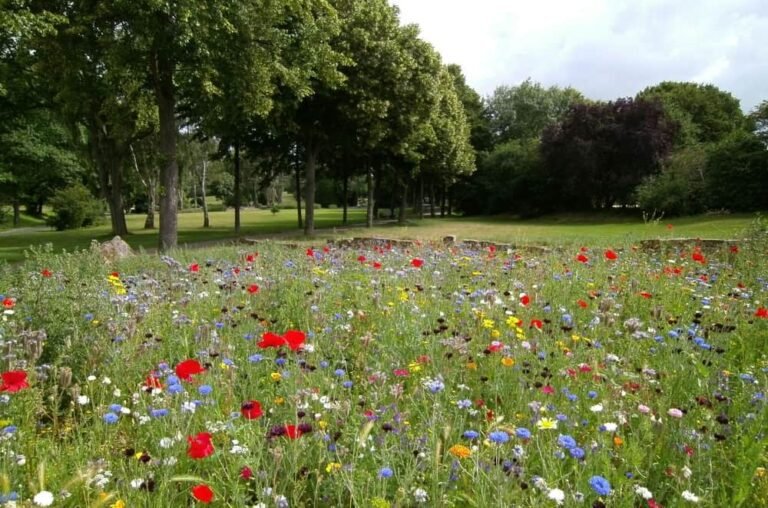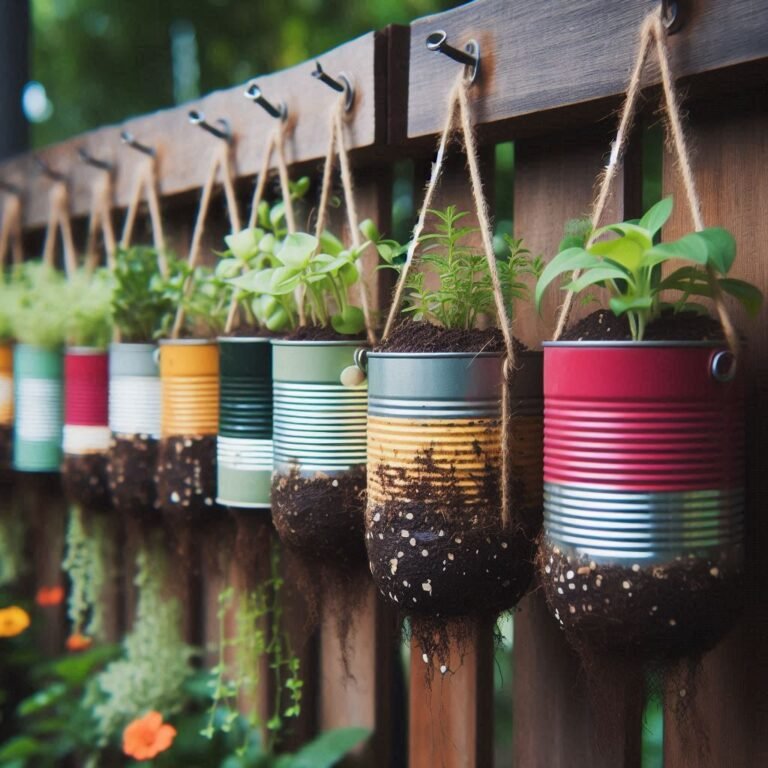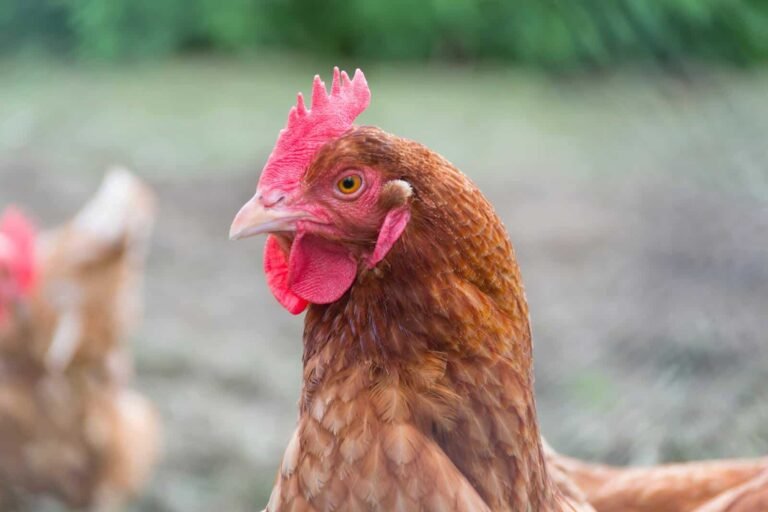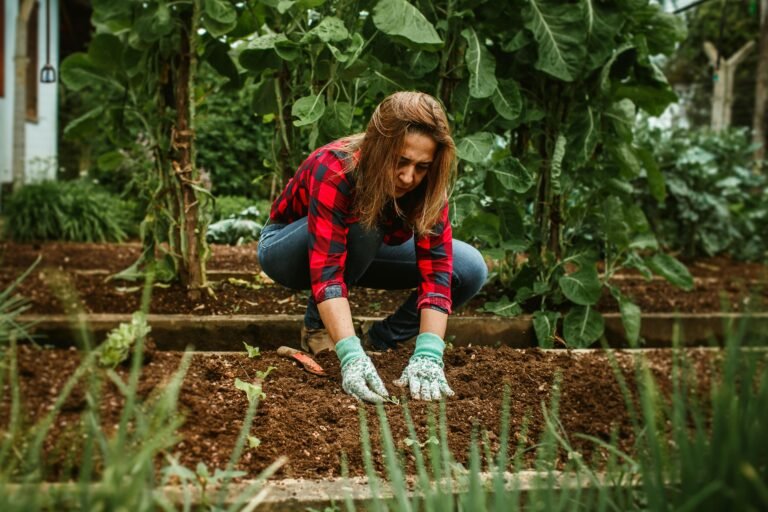Creating a Sustainable Backyard: Raised Gardens and Eco-Friendly DIY Projects
This article may contain affiliate links to trusted partners, which help run this site at no extra cost to you.
The Benefits of Raised Gardens in Backyard Gardening
Incorporating raised gardens into your backyard space offers a multitude of advantages that can significantly enhance your gardening experience. One of the primary benefits is improved soil drainage. Raised garden beds allow excess water to drain more efficiently, reducing the risk of waterlogged roots and promoting healthier plant growth. This is particularly crucial in regions where heavy rainfall or clay-heavy soils are common.
Another significant advantage is better pest control. Elevated garden beds create a physical barrier that can deter certain pests, such as slugs and snails, from reaching your plants. Additionally, the contained environment makes it easier to implement and manage organic pest control measures, further minimizing the need for chemical interventions.
Raised gardens also offer ease of access, making gardening more manageable for individuals of all ages and abilities. The elevated height reduces the need for bending and kneeling, which can be particularly beneficial for elderly gardeners or those with mobility issues. This ergonomic design allows for more comfortable and prolonged gardening activities, fostering a more inclusive gardening environment.
Optimizing space is another key benefit of raised gardens. These structured beds can be strategically placed to maximize the use of available space, allowing for the cultivation of a variety of plants, including vegetables, herbs, and flowers. The defined boundaries of raised beds also help in organizing and rotating crops, which can lead to more efficient use of resources and healthier soil.
From an environmental perspective, raised gardens contribute to reduced soil erosion and the ability to use organic and sustainable soil mixes. By controlling the soil composition, gardeners can ensure that their plants receive the necessary nutrients without the risk of contaminating the surrounding environment. This approach supports eco-friendly gardening practices and promotes a healthier ecosystem.
When constructing raised garden beds, selecting the right materials is crucial. Eco-friendly options such as reclaimed wood or recycled plastic are excellent choices. These materials not only reduce environmental impact but also offer durability and aesthetic appeal. By making mindful choices in materials, gardeners can create sustainable and long-lasting raised garden beds that enhance both their gardening experience and the environment.
DIY Eco-Friendly Projects to Enhance Your Backyard Garden
Creating a sustainable backyard garden is a rewarding endeavor that benefits both the environment and your well-being. DIY eco-friendly projects play a crucial role in promoting sustainability in gardening, allowing you to reduce waste, conserve resources, and create a green oasis right at home. By integrating these projects into your backyard, you can contribute to a healthier planet while enjoying the beauty and bounty of your garden.
One of the simplest yet impactful projects is building a compost bin. Composting transforms kitchen scraps and yard waste into nutrient-rich soil, reducing landfill contributions and enhancing garden health. To create a compost bin, gather materials such as wooden pallets, wire mesh, or a pre-made bin kit. Construct the bin by assembling the pallets in a rectangular shape and securing them with screws. Line the interior with wire mesh to promote airflow. The cost is minimal, often under $50, and the project can be completed in a few hours.
Another essential project is setting up a rainwater harvesting system. Collecting rainwater reduces dependence on municipal water supplies and provides plants with chemical-free hydration. To start, install a rain barrel beneath a downspout to capture runoff from your roof. You’ll need a sturdy barrel, a spigot, and a downspout diverter. The total cost ranges from $50 to $100, and installation takes a few hours. Ensure the system is properly sealed to prevent mosquito breeding.
Insect hotels are an excellent way to support beneficial insects, such as pollinators and pest controllers. Construct an insect hotel using a wooden frame filled with natural materials like bamboo, straw, and pine cones. Place the hotel in a sheltered garden area to attract a diverse insect population. The cost is typically under $30, and assembly takes about an hour.
Upcycling household items for garden use is both creative and sustainable. Turn old pallets into vertical planters by attaching pots or creating shelf spaces for plants. Use glass jars as mini-greenhouses by placing them over seedlings to retain moisture and warmth. These projects are budget-friendly and can be completed with items you already have at home.
Maintaining these eco-friendly projects is straightforward. Regularly turn the compost to promote decomposition, clean the rain barrel to prevent algae growth, and inspect the insect hotel for maintenance needs. By seamlessly integrating these DIY projects into your garden design, you can create a sustainable and thriving backyard environment.





